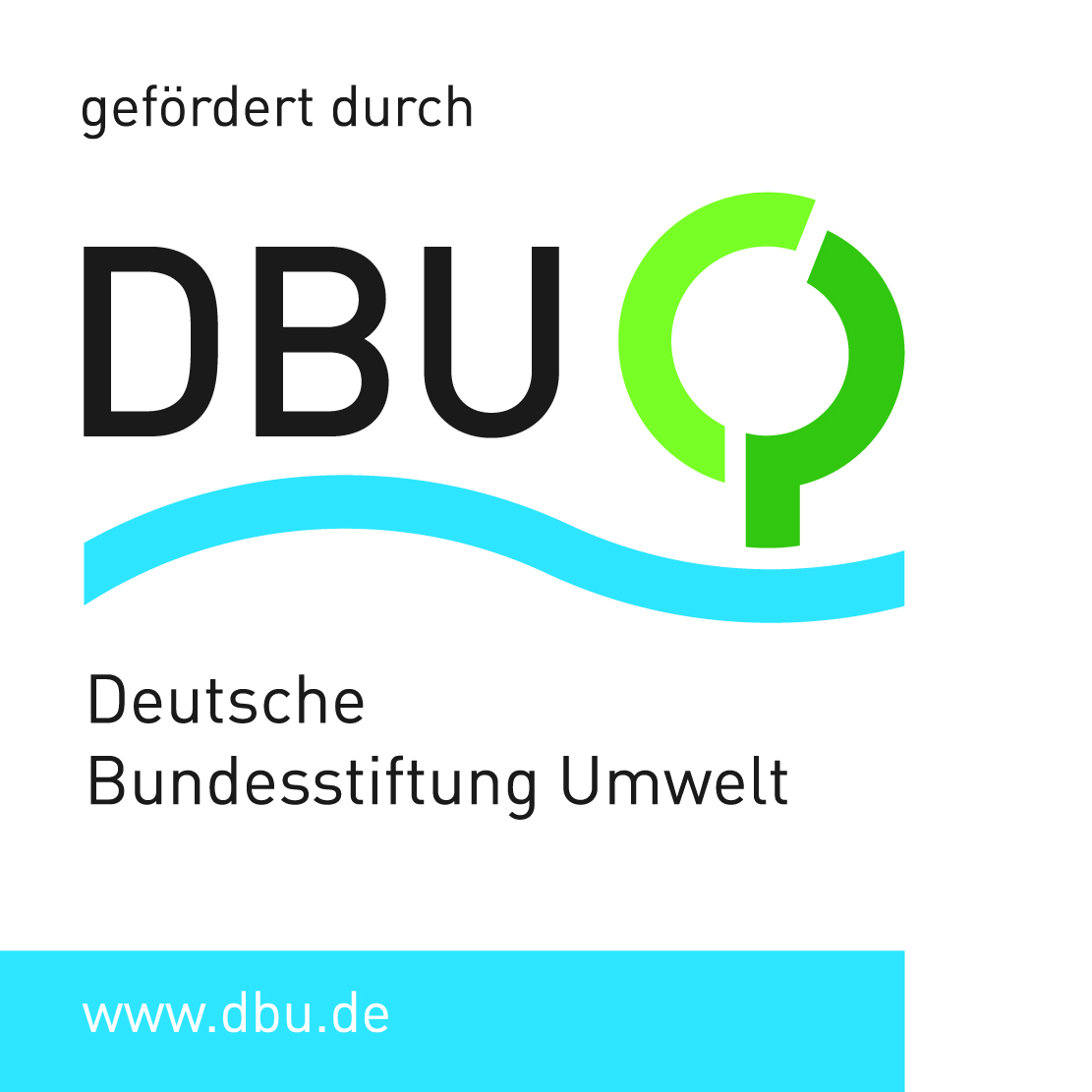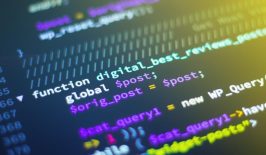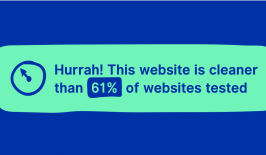Unused and outdated files stored on old hard disks and servers might not seem like a big problem. All that digital storage doesn’t take up any “real” space anyway, right? Not quite. The trail of bits and bytes that we leave in our wake isn’t actually all that different from all the other types of waste we create – the stuff that usually ends up in landfill. Old e-mails, documents and audio and video files have their own kind of ecological footprint – in the form of all the energy that’s constantly being consumed in order to keep them permanently stored on hard disks and servers. “When it comes to individuals, it’s probably mostly films that require the most storage space. When it comes to companies, it’s probably all the data that’s created within their monitoring and communication processes – between different machines and also between people via chat and email. And then of course there are also lots of text documents and scans, which often end up being saved over and over again,” says Professor Dr. Ute Schmid, head of the research field of Applied Computer Science at the University of Bamberg.
It is difficult to find precise figures on the size of our “digital carbon footprint”. But you can get a rough idea of it just by looking at a few different statistics. In 2019, for example, we sent around 250 billion emails and 65 billion WhatsApp messages a day – and while there might be a few people who go back through those messages and carefully delete them as soon as they’re no longer needed, those people certainly aren’t in the majority.
The planet’s ever-growing volume of digital data not only has an effect on the environment due to the huge server farms that are needed to process and store it. Accumulating too much unnecessary digital data in the workplace can also hinder the search for information, delay decision-making processes and divert attention from the task at hand – ultimately having a negative knock-on effect on work performance and well-being. But while it certainly pays off to take a moment to declutter your digital life every now and again, organising and tidying up all those selfies, chats, documents and e-mails on usually not just one, but on several different devices, requires a huge amount of time. Or maybe it requires a more efficient system.
It’s a topic that interests a lot of people – as evidenced by forums like Reddit, where people give each other tips, all the different apps designed to help people to sort photos and documents, and concepts like “Inbox Zero” which promises an empty inbox at the end of each working day. Author and speaker Angela Crocker, who has long been advising people on blogging and social media issues, has even dedicated an entire book to the topic: Declutter Your Data.
Many of us use special “clean up” programs to help declutter our computers – or at least we do when they start getting slow, bogged down with a bunch of files we no longer need. Programs like this usually work to a fixed set of simple rules: they search for particularly large files that you haven’t opened for years or that have been saved in several different versions, and suggest that you might want to delete them. And that was that. Dare2Del wants to make the process even smarter – with the help of AI.
Developing a digital machine learning assistant to help you “intentionally forget” what you don’t need
“With Dare2Del we want to develop a more personalised and intelligent method of detecting and deleting unnecessary data – one that is able to follow fixed guidelines and rules, but at the same time adapt to individual preferences. Dare2Del makes deletion suggestions and learns from users’ responses. An interactive system, which is constantly learning, can adapt more precisely to the customs of a company or individual people’s preferences,” Ute Schmid explains. This means that thanks to machine learning, at some point the Dare2Del programme will automatically know which files are ready to be trashed and which ones should be protected and never deleted by mistake – whether it’s family photos or work presentations.
Currently the project (a joint initiative between the University of Bamberg and the Chair of Work and Organizational Psychology at the University of Erlangen) focusses on applying Dare2Del in a work environment – developing an interactive, intelligent assistance system to help administrative employees to get rid of unnecessary digital data, scanning their computer systems and creating a list of unecessary items which can then either be hidden or deleted. The system is designed to be transparent and comprehensible to the user, providing them explanations of why certain files are suggested for deletion – for example because they haven’t been opened for a long time, or because there are more up-to-date versions available. “We predict that this will encourage users to handle their digital data in a more reflective way,” says Ute Schmid. “The explanations that the systems give are interactive too. It’s not just the system telling the user what to do. The user can correct the decisions that the system makes, and also comment on and correct its explanations. In other words, there is also the chance for the human users to explain something to the AI system, so that the AI system can learn from that human interaction.”
The research being carried out at the University of Bamberg is mostly fundamental research, which means they’re working on coming up with new algorithms, prototyping them and then carrying out empirical assessments. “We making everything we’re developing completely freely accessible to other scientists, of course,” says Professor Schmid. While the project’s current focus is on a professional, work environment, the same methods could of course be used to help any kind of “digital hoarders”. “We’re currently conducting an empirical study with students to test the usability of the system, the level of trust the users have in it and also whether user feedback improves the decisions that the system makes.”
Sounds like a promising idea for trying to maintain order within the growing flood of data. But there is of course another very effective step that comes right before all that digital sorting, organising and cleaning up: we could try to take fewer photos, write fewer e-mails and take a second to think before we install, download and save that game, app or attachment on our mobile phone on a computer in the first place.
This is a translation of an original article that first appeared on RESET’s German-language site.

This article is part of the RESET Special Feature “Artificial Intelligence – Can Computing Power Save Our Planet?”
The RESET Special Feature on AI is part of a project funded by the Deutschen Bundesstiftung Umwelt (German Federal Environmental Foundation DBU). As part of this project, over a period of two years we will be developing four RESET Special Features on the topic of “Opportunities and Potentials of Digitalisation for Sustainable Development”.
You can find more information here.






